People's Artist Thu Hien shares with us about her years of fighting, as well as her current peaceful life at the age of 72.
People's Artist Thu Hien was born in 1952 in Thai Binh , in a family with a rich artistic tradition. She is one of the leading voices of revolutionary music.
Recently, People's Artist Thu Hien shared with VTC News about her years of fighting, as well as her current peaceful life at the age of 72.

- At the age of 15, People's Artist Thu Hien went to the battlefield and joined the art troupe serving the army?
That’s right! At the age of 15, after being trained, equipped with expertise and political awareness, I was fortunate to join the assault troops in the battlefields of Zone 4, from Thanh Hoa, Nghe An, Ha Tinh…, which were the fierce lines of fire and bombs. Along the way, we sang as we marched.
Many times, wounded soldiers had to undergo surgery without anesthesia. We stood beside them, singing and calling their names. They were very resilient, many of them passed through death's door, but some passed away forever.
In those days, we performed without lights or a stage. When we were in the tunnels, we sang with oil lamps. When we were in the deep forest, we sang under the light of car headlights. We sang with discarded butter tubes, with bamboo stuck in the middle to make the sound better. Most of us sang with vo instruments. One person sang, five people sang.
Many people think that performing arts only involves performing, but that is not the case. We cook, treat wounded soldiers, and deliver babies. We also face bombs and bullets, and are often on the line between life and death. That is the duty of an artist-soldier.
- Memories of a glorious and arduous time must be memories you will never forget?
The most memorable memory I have is the year 1972, I went to Dong Ha ( Quang Tri ) and received orders to go to Thach Han River to sing across the Citadel. I had to sing through a loudspeaker but I kept singing and forgot to sing, and singing and forgot to sing. The political commissar behind had to poke my back with a stick to remind me. Luckily, we still completed the task of "transmitting the spirit" from this side of the Thach Han River to the other side of the river for my comrades. That day, I sang two songs: Looking at the tree reminds me of you (musician Do Nhuan) and the folk song "Oh my God, don't come back".
The hardships were indescribable, but we all loved each other, shared the same will, and optimistically overcame them. We followed our ideals and volunteered to go to war. That was the sacred mission of our generation.

- To be able to fulfill your duties as an artist and soldier, you had to be away from your children and family. How did you overcome this period?
In 1971, I gave birth to a child and left him in the North for my mother to raise. In 1972, I went to the Quang Tri battlefield for the second time. After that, I was chosen as one of 12 brave soldiers to go to France to promote the spirit of the Paris Conference in 1973 and 1974. After returning, I continued to participate in the campaign to liberate the South.
Whenever I was able to visit my child, I took the opportunity to breastfeed him and then urged him to finish his breastfeed quickly so I could go. I loved my child very much, but at that time, everyone's will was the same, going to the battlefield with honor and joy, so I didn't think about myself.
- During the days of singing in the battlefield, People's Artist Thu Hien was still remembered along with People's Artist Trung Duc. Was he the person who sang the most harmonious duet with you?
Trung Duc and I sang in many places, in the border areas. Every time we sang, there were many memories. I remember the time we performed in the East of Quang Ninh province, the performance location was in a rice warehouse, completely sealed, the breathing holes were only the size of a hand, while there were many soldiers who came to listen. Every time I finished a song, I had to run outside to breathe.
Or another time when we performed at border checkpoints, we sang: To you at the end of the Red River, The one who built Ke Go Lake, Love in the leaves... As we sang, tears kept falling. Duc and I were almost always together, sharing dry food even when we were hungry, but still singing with all our hearts.
In 2000, Trung Duc and I worked together. Truong Son Song , a series of revolutionary and homeland songs. Unexpectedly, the album received a lot of reception from the audience. We are like a role model for the next generation. The audience calls us a legendary duet.

- The sweet, soulful voice of People's Artist Thu Hien has won over many audiences. Singer My Linh once shared that when she sang, half of the audience were men, including many from the Central region. Is this true?
My Linh likes to joke so she said that. I am truly grateful to the Central region, the Central people raised me with potatoes and rice, giving wings to my singing to reach the public. My voice is associated with songs about the Central region such as: A sentimental song of Ha Tinh people, A folk song on the banks of Hien Luong, beloved Quang Tri...
Maybe at that time, my generation had few singers who performed songs from the Central region. I was a folk singer, so I easily understood the language, pronunciation, the pressure in each song, and the deep feelings of the Central people. Therefore, wherever I went, I sang songs about the Central region. Many people still called me a child of the Central region. Few people thought that I was a child of Thai Binh land.
- How is the current life of People's Artist Thu Hien at the age of 72?
I have a normal life. My husband and I live in an apartment in Ho Chi Minh City. In the morning, I go for a walk, exercise, then come home to prepare food for my husband and clean the house. In the afternoon, I often listen to music from young people. As a senior, I still learn from them by listening to new products every day. I learn from the way of mixing and arranging to the way of performing, so that it is new and less boring.
I still work and sing, but not as often because my health doesn't allow it, mainly to help me miss my job less. I only participate in some events and programs of the State and organizations, I don't sing or perform at venues.

- For many years now you have been very active in charity activities?
I like to do charity, within my means. Every time I sing, I give a little to help those in more difficult circumstances than myself. My two daughters and I pooled money to build charity houses in the West. The amount is not much compared to many people, but it is the effort of the three of us.
In addition, we adopted five children and support each child with a few million VND each year. I believe that charity or practicing comes from the heart. If we do not do anything bad, we will feel at peace.
- You are a famous artist with a rare voice, but your two daughters do not follow in your footsteps. Does this make you sad?
I have two daughters who studied at the conservatory but both went in the wrong direction. The youngest is a flight attendant, the eldest is now pursuing a career in religious studies. I am not sad that my children did not follow in my footsteps. I have many students and consider them as my own children, and that is enough for me.
Thank you People's Artist Thu Hien.
People's Artist Thu Hien was born into a family with a rich artistic tradition. Her father is Meritorious Artist Nguyen Hoai An, famous with the nickname Tam Ken of the Lien Khu V Folk Song Troupe (the predecessor of the Binh Dinh Bai Choi Opera Troupe), her mother is the cheo tuong actress Thanh Hao, originally from Thai Binh, the daughter of a famous theater manager.
Having loved singing since childhood, Thu Hien has had a knack for the stage. Having gone through a fierce war, artist Thu Hien understands many things in life.
Source



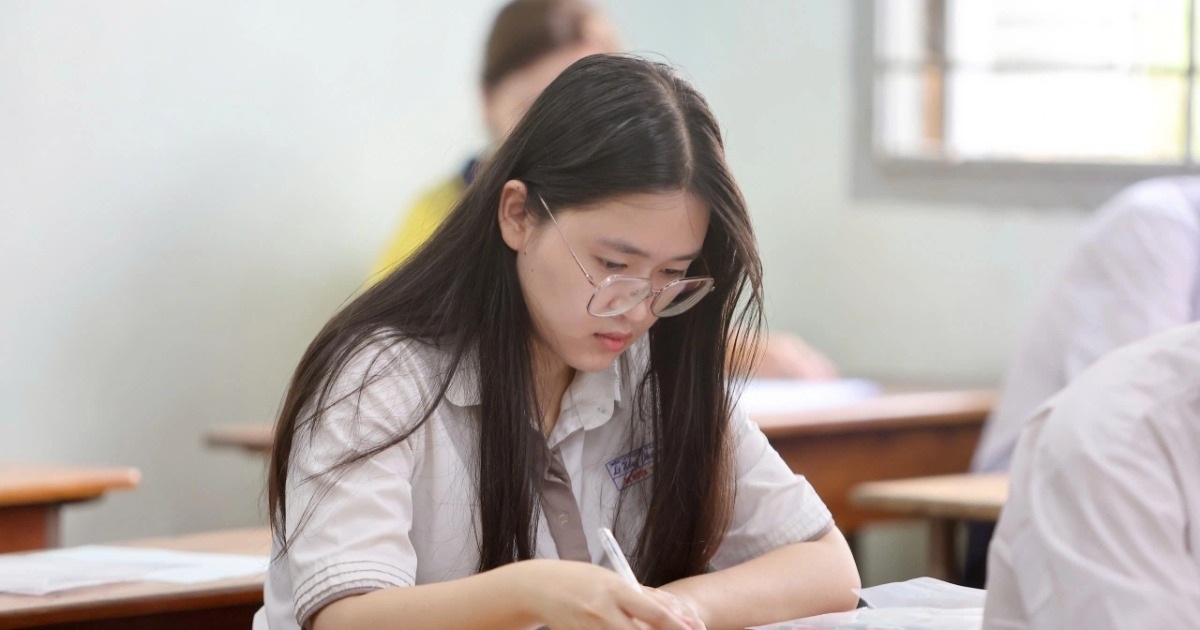


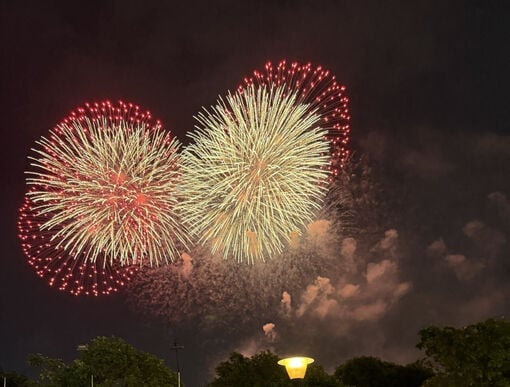
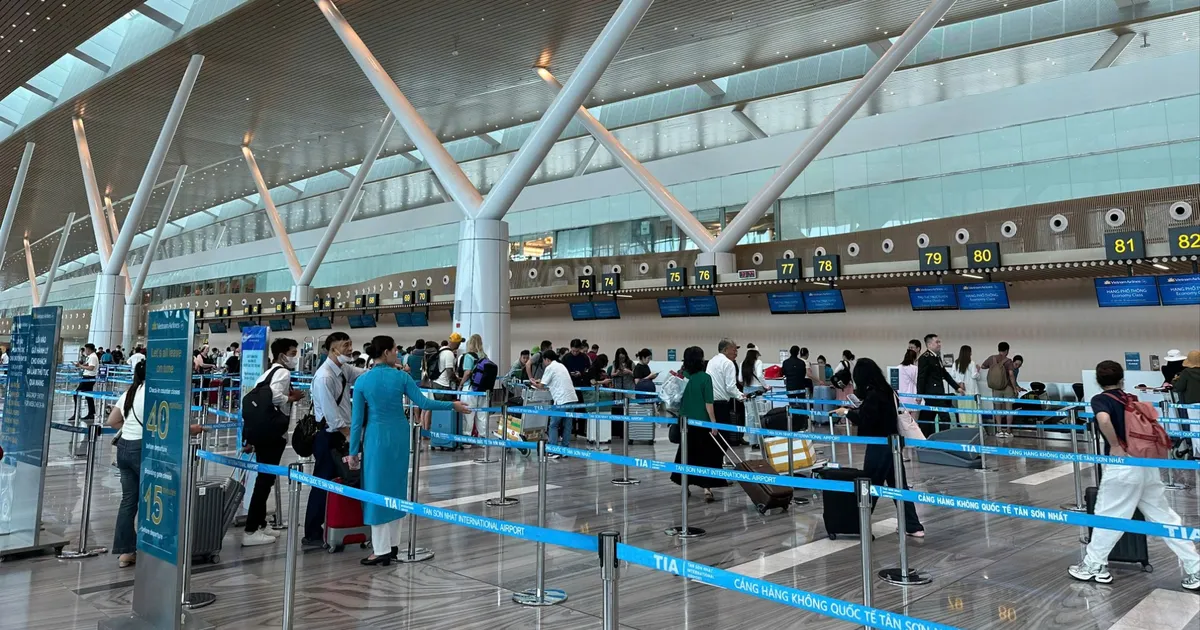
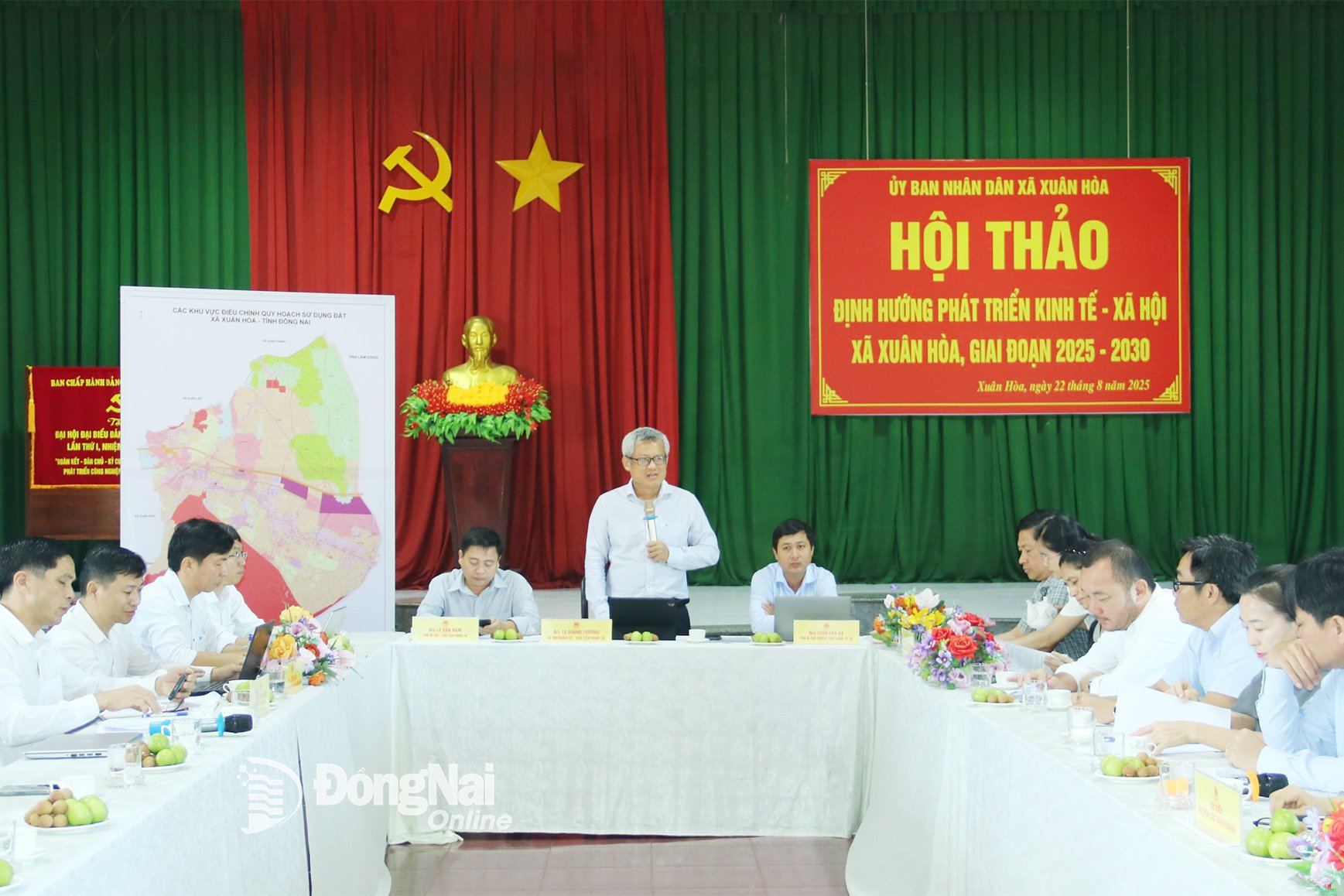

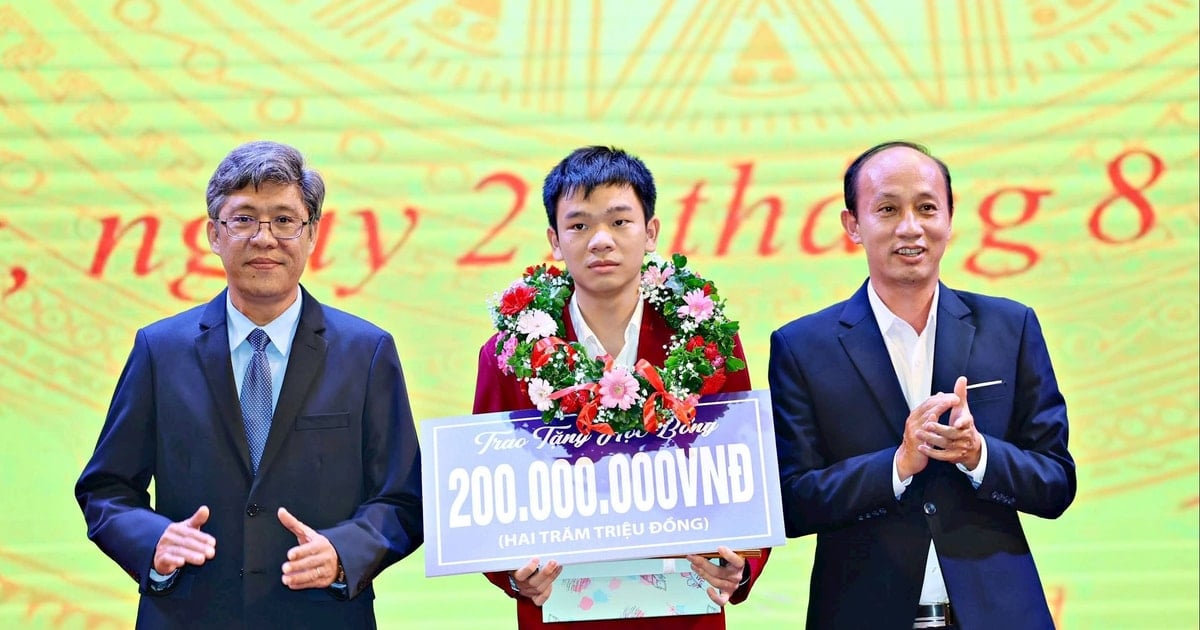
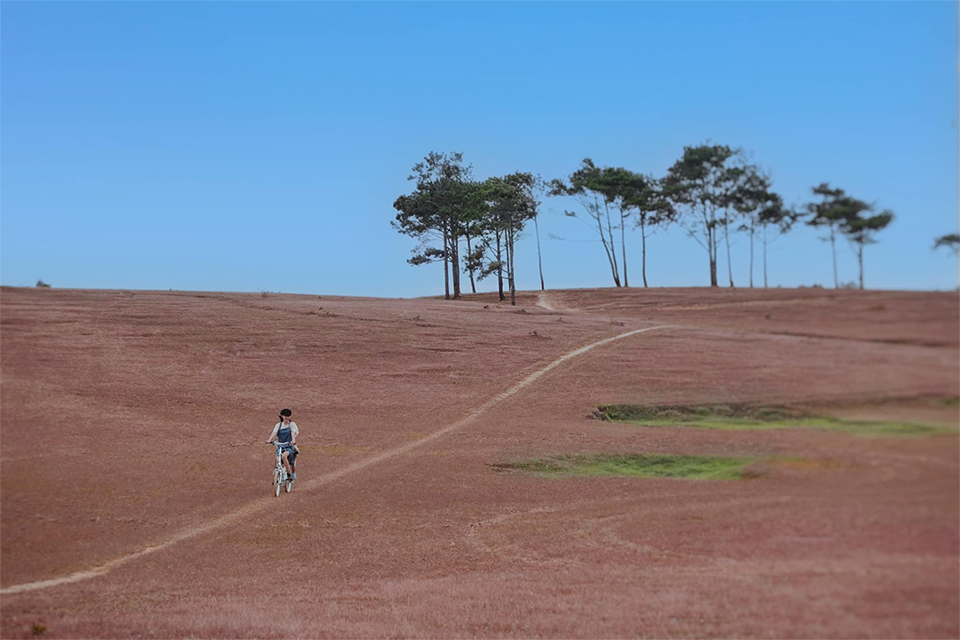
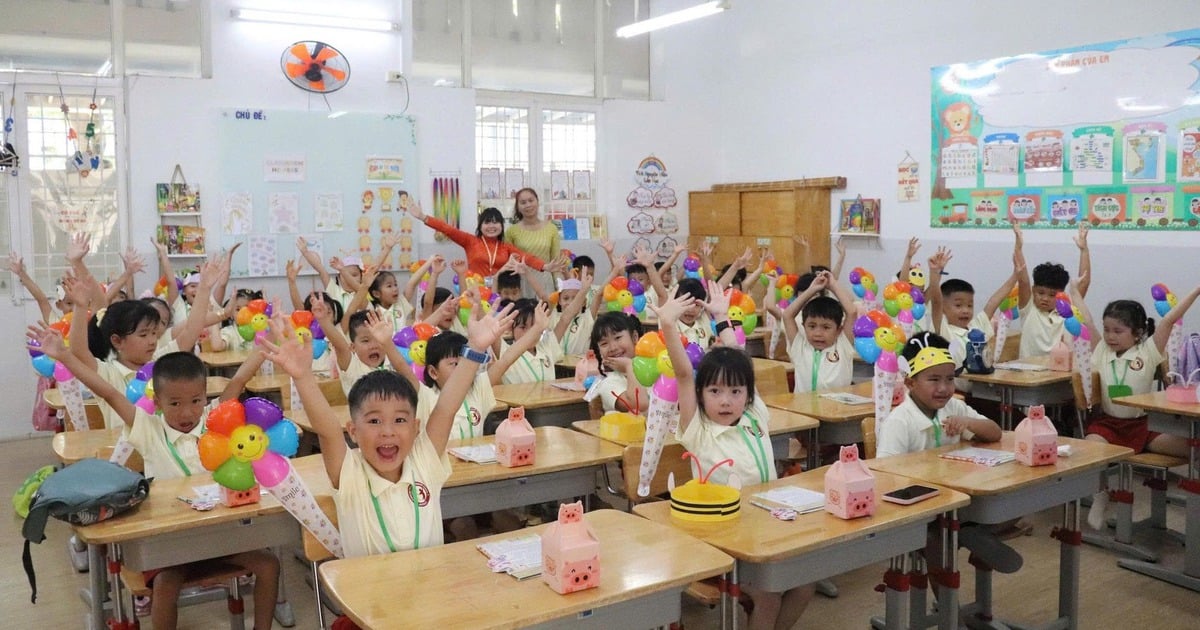










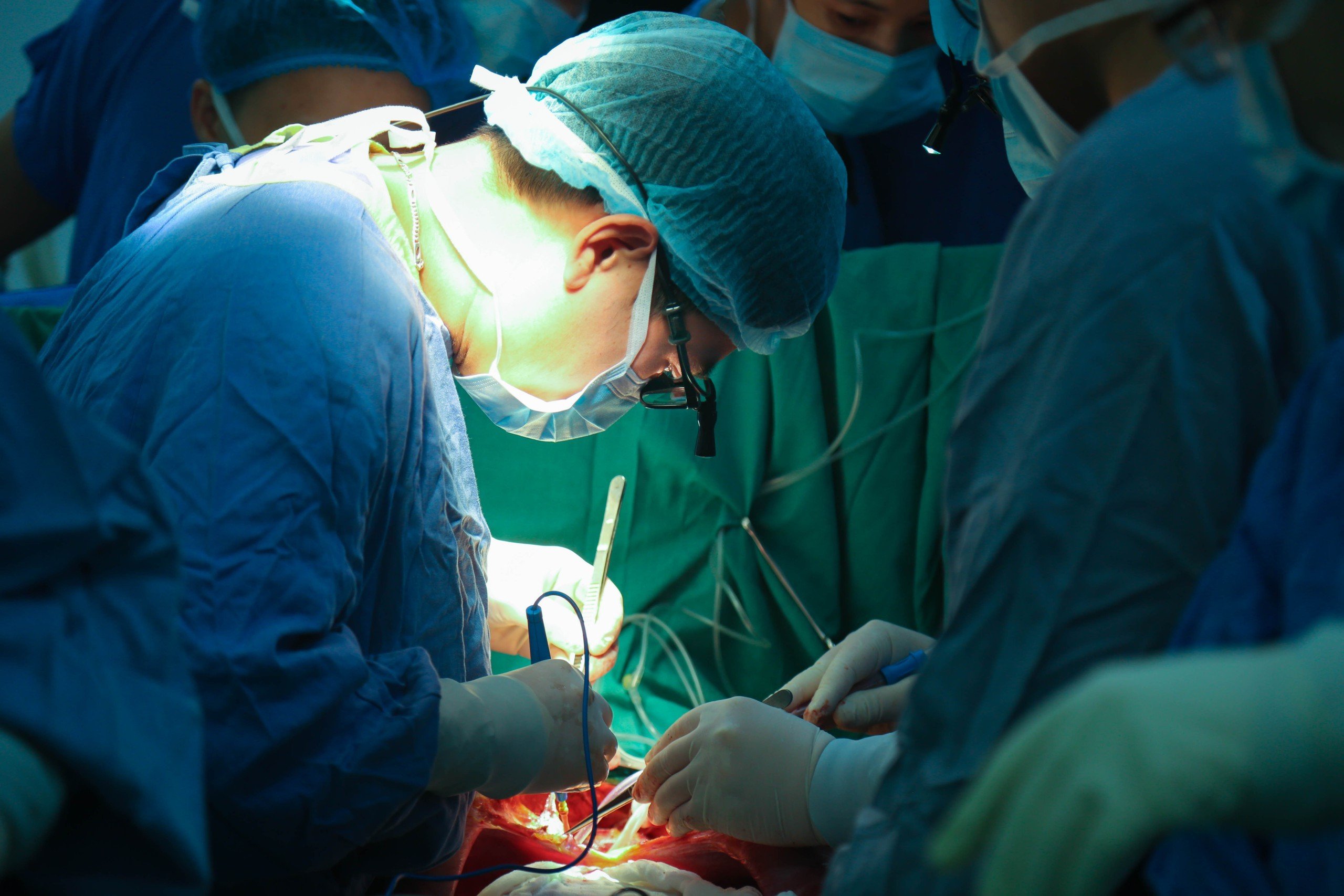
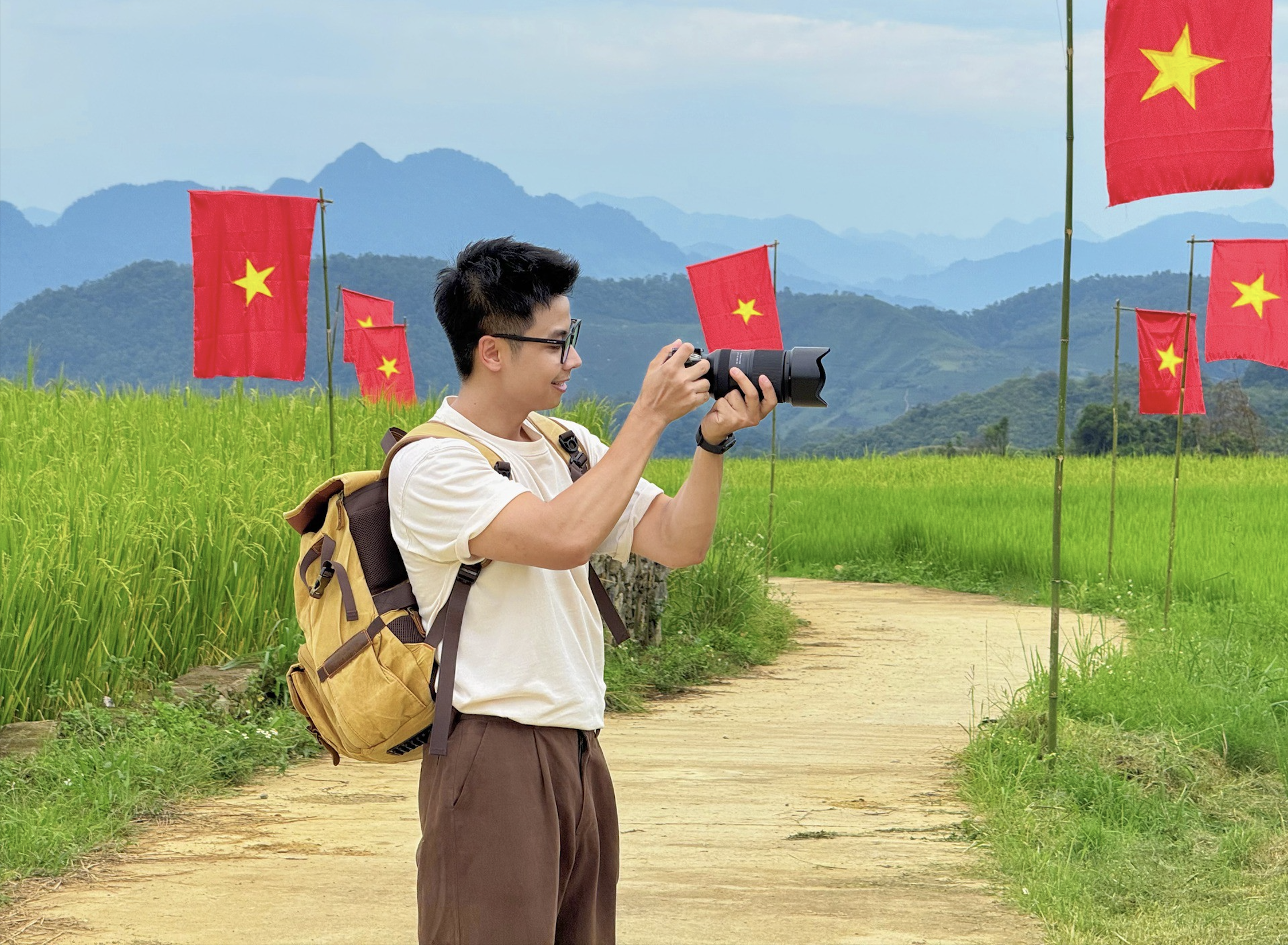
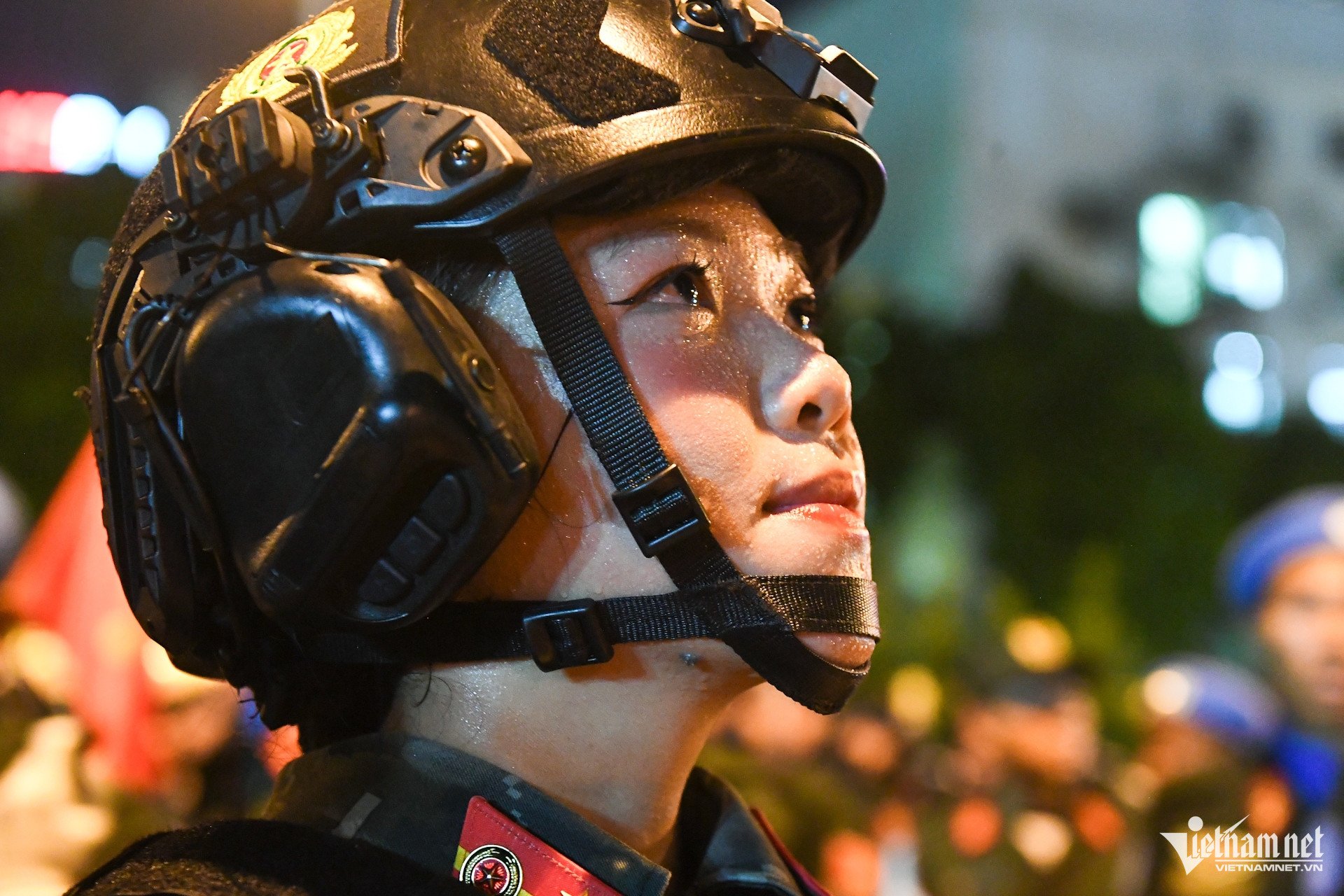
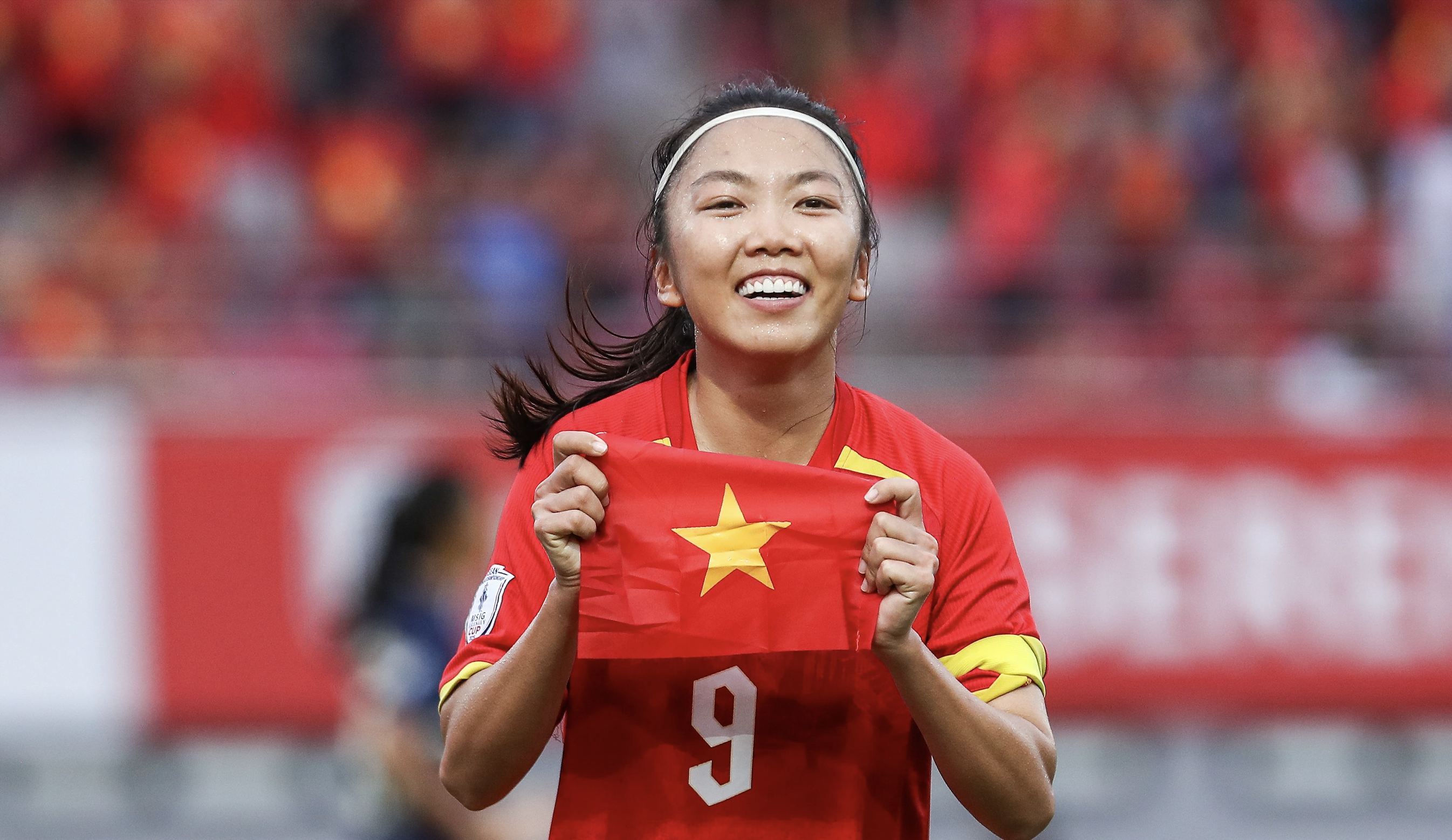
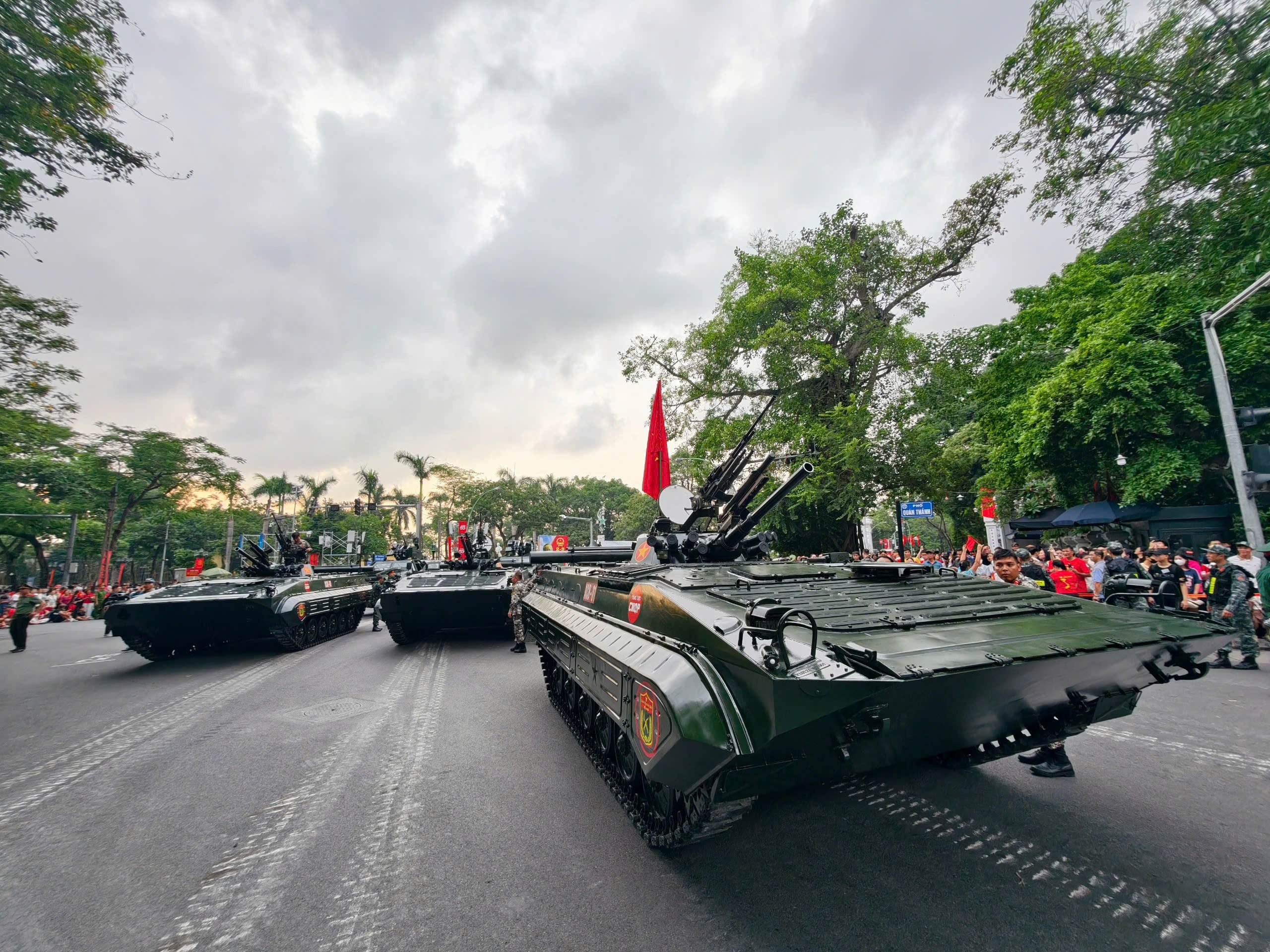


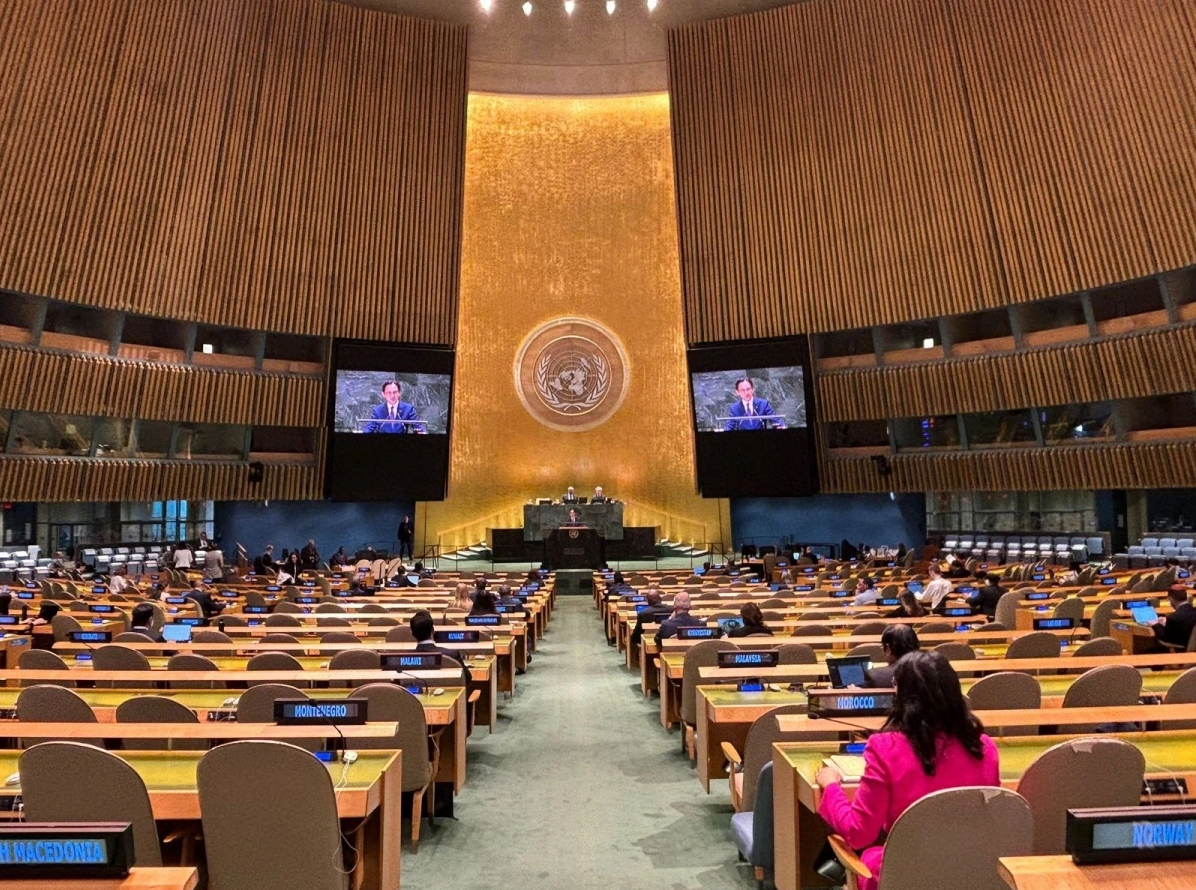
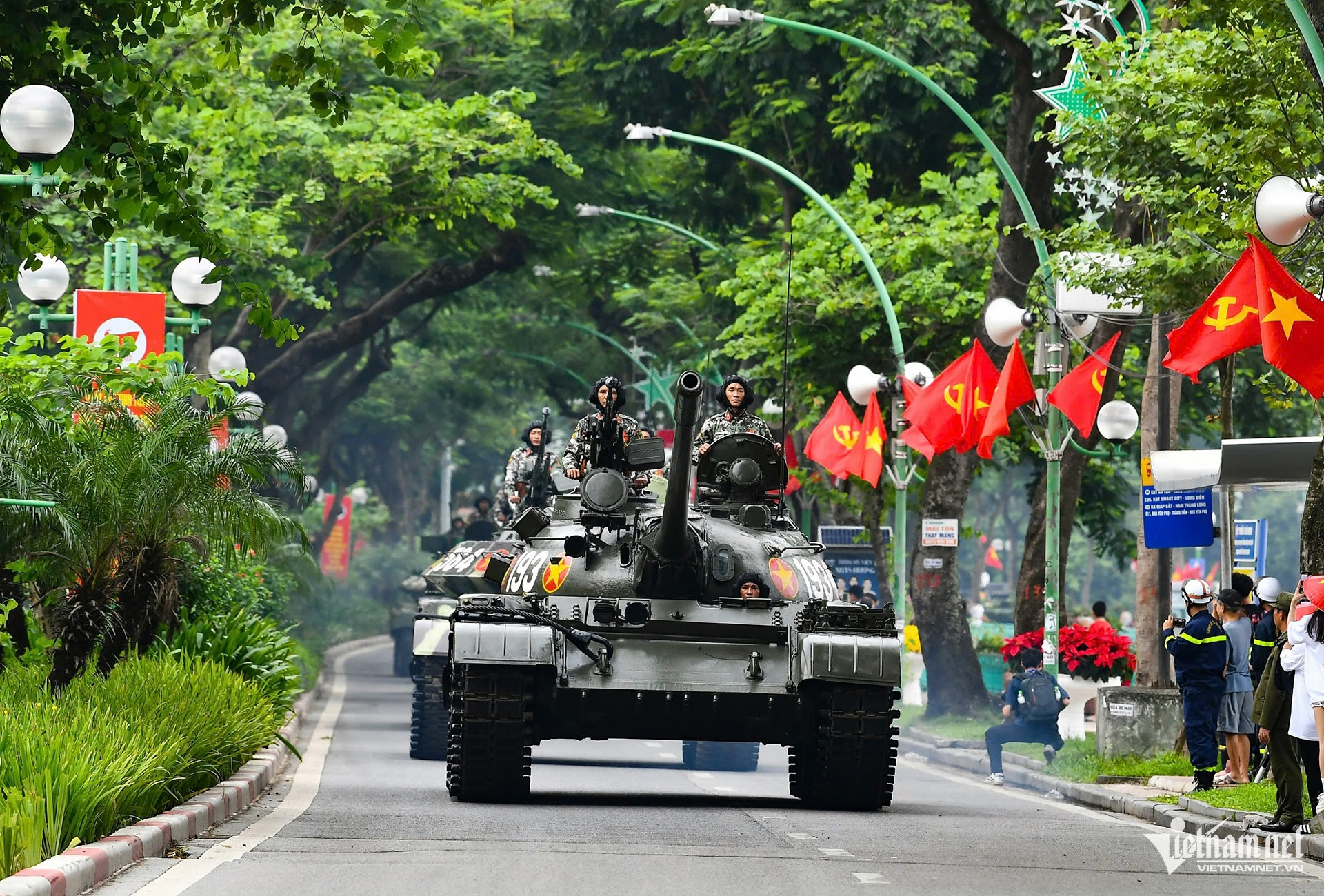
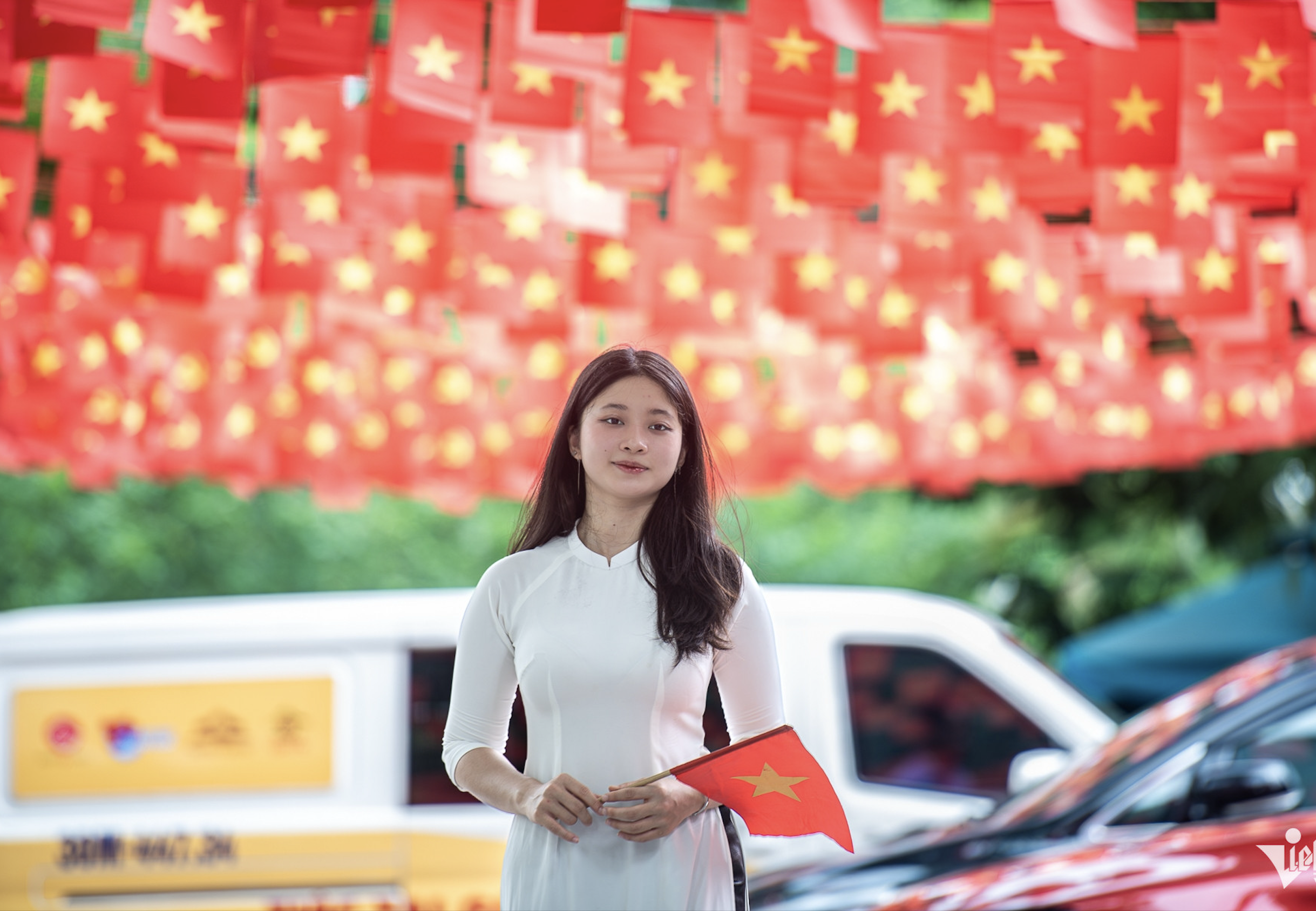















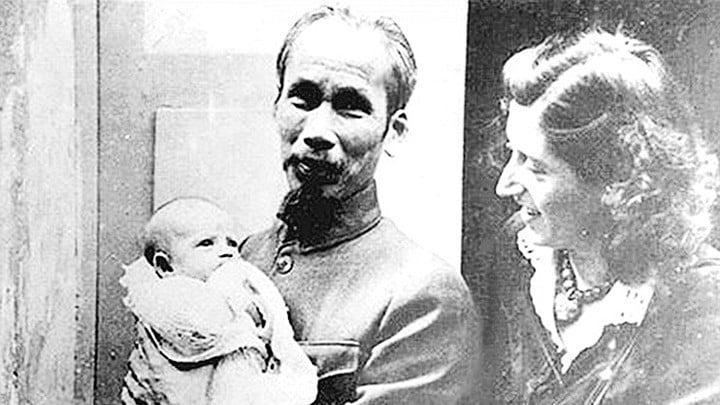








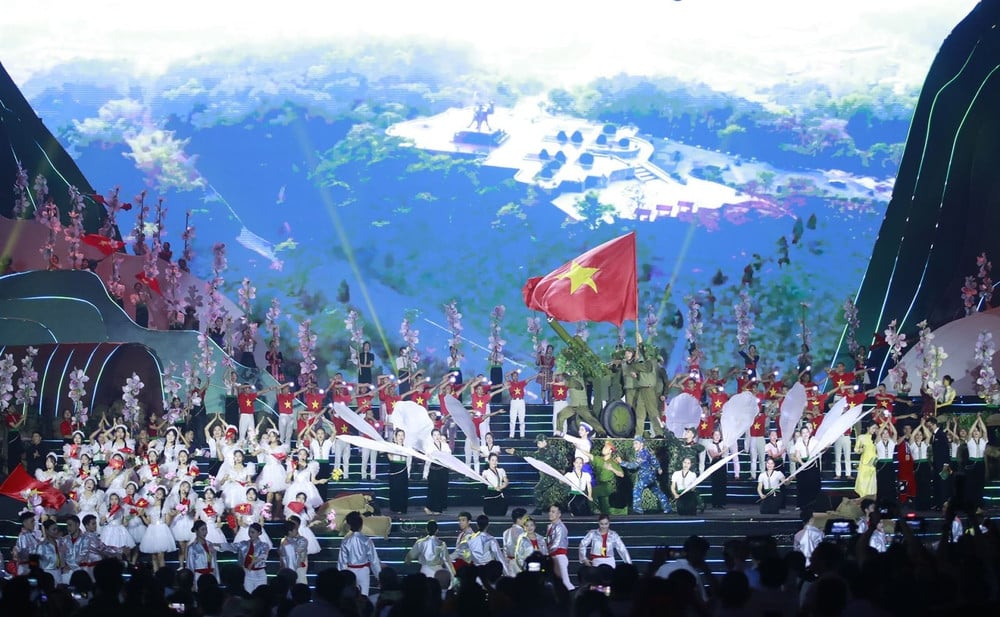

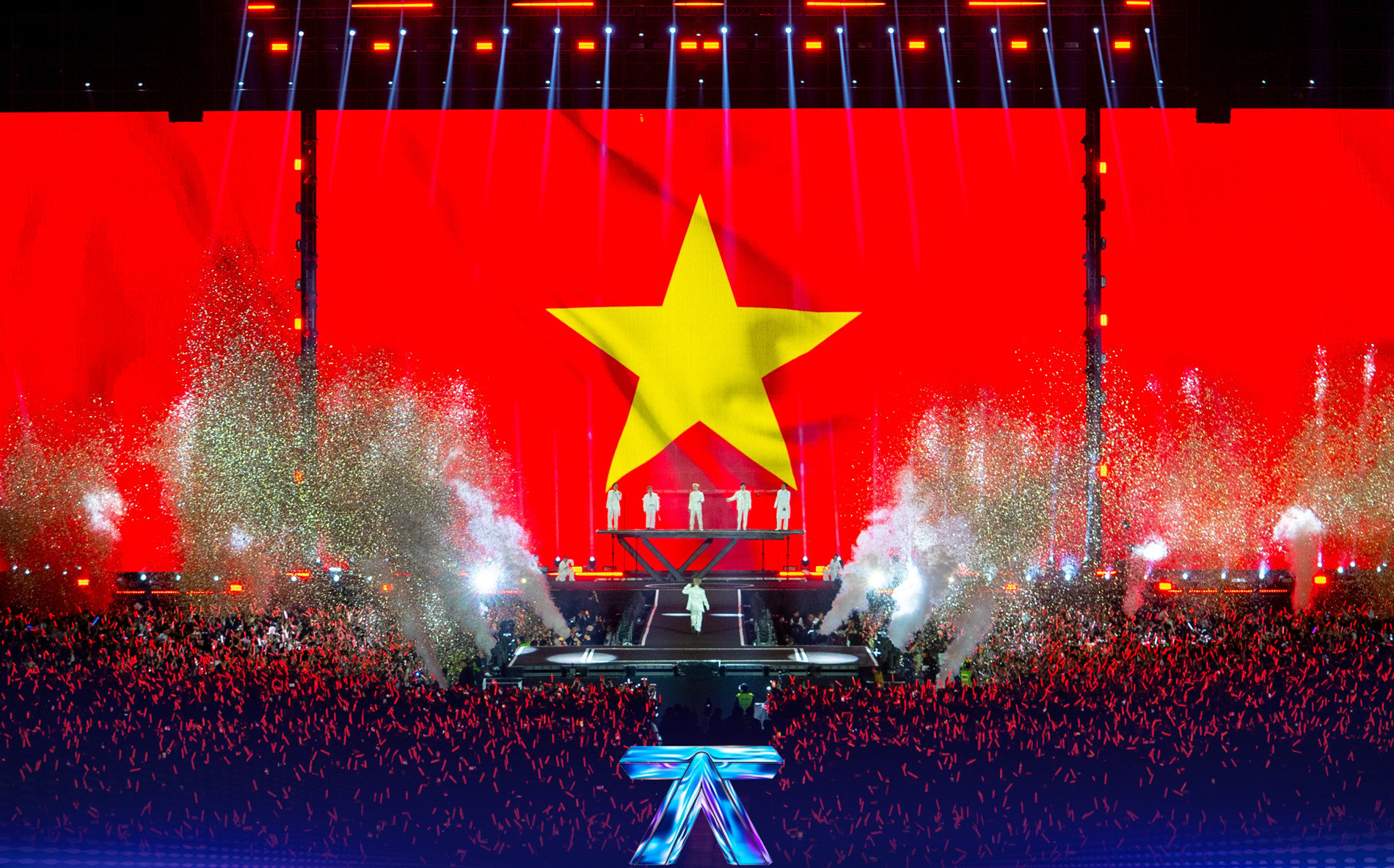

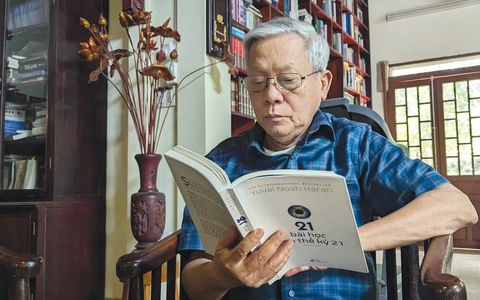
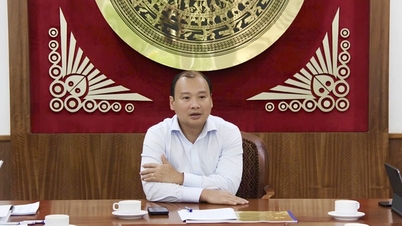

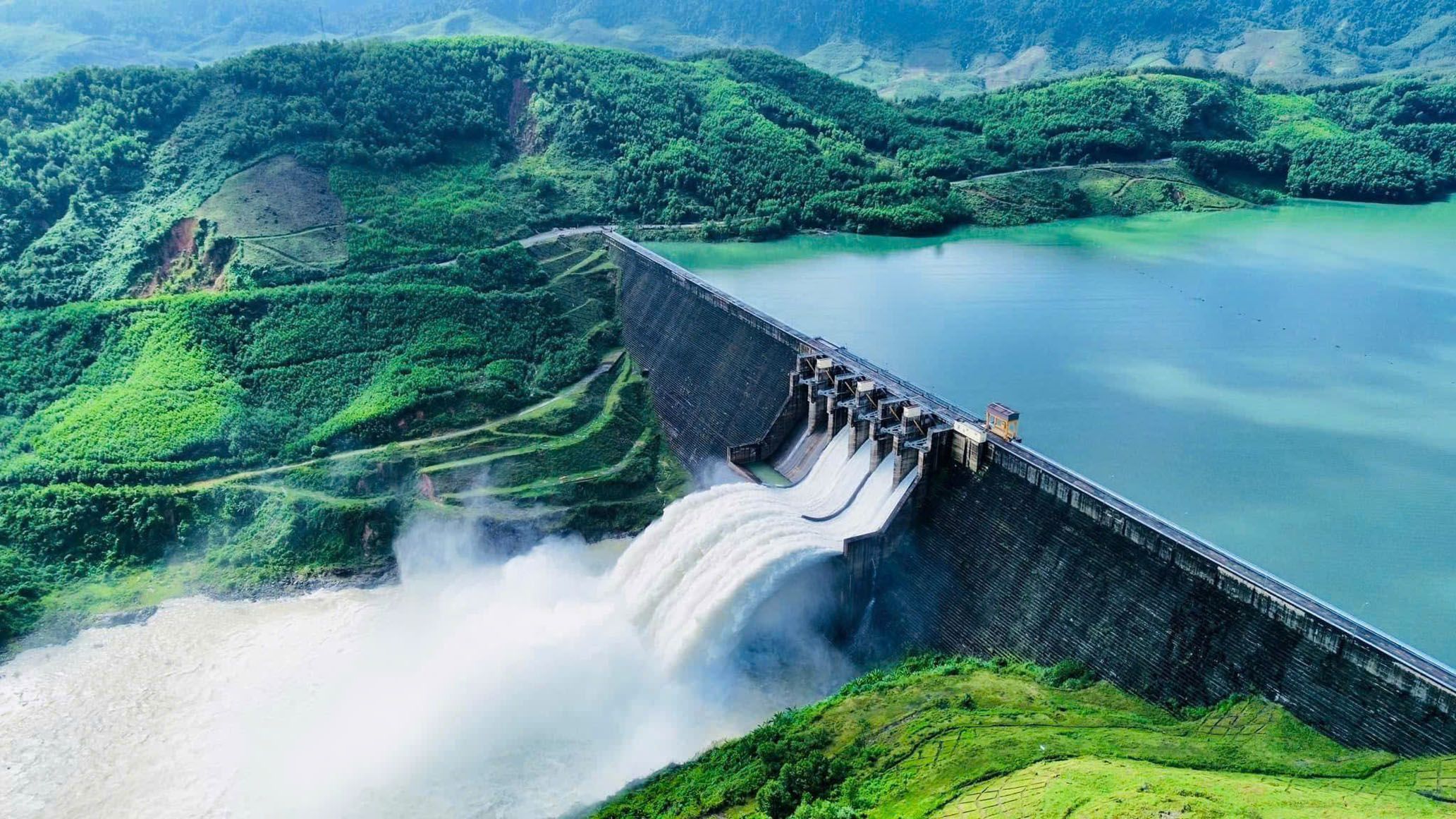
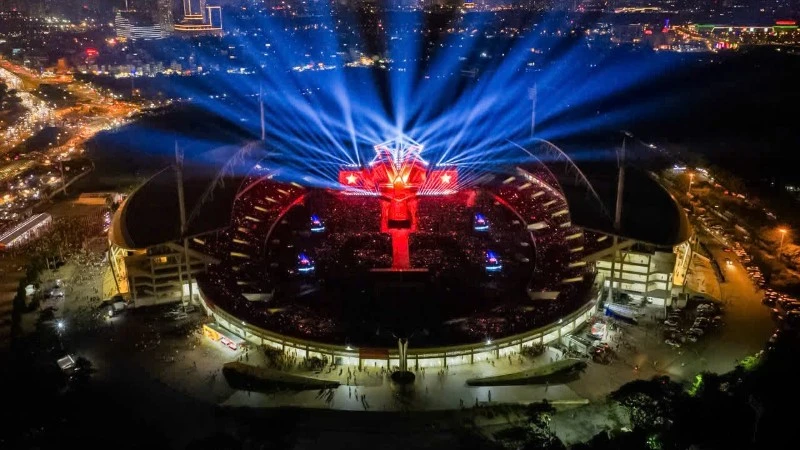
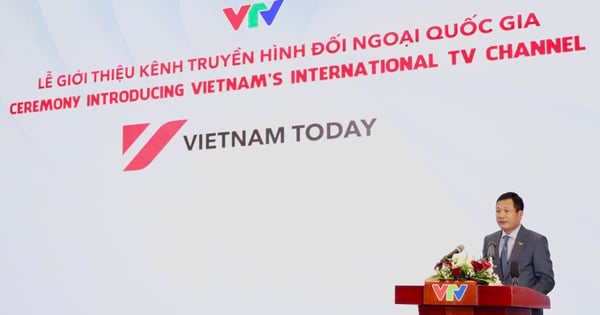



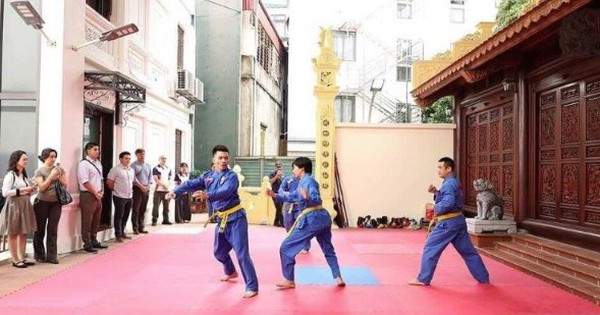

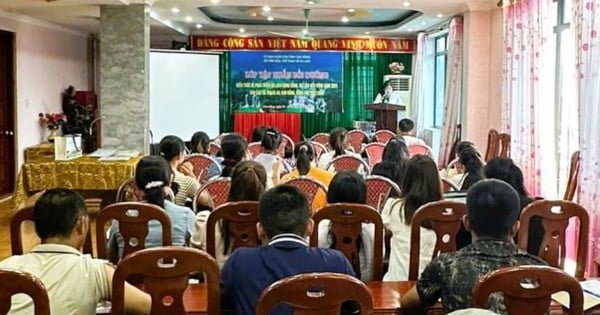
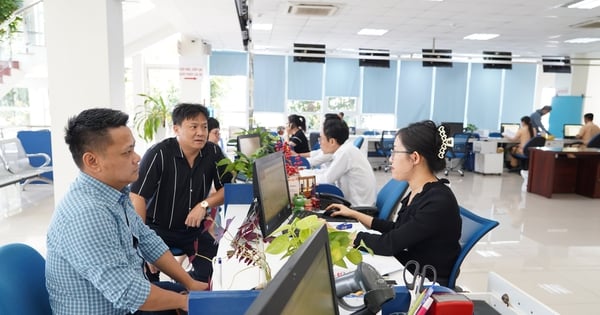











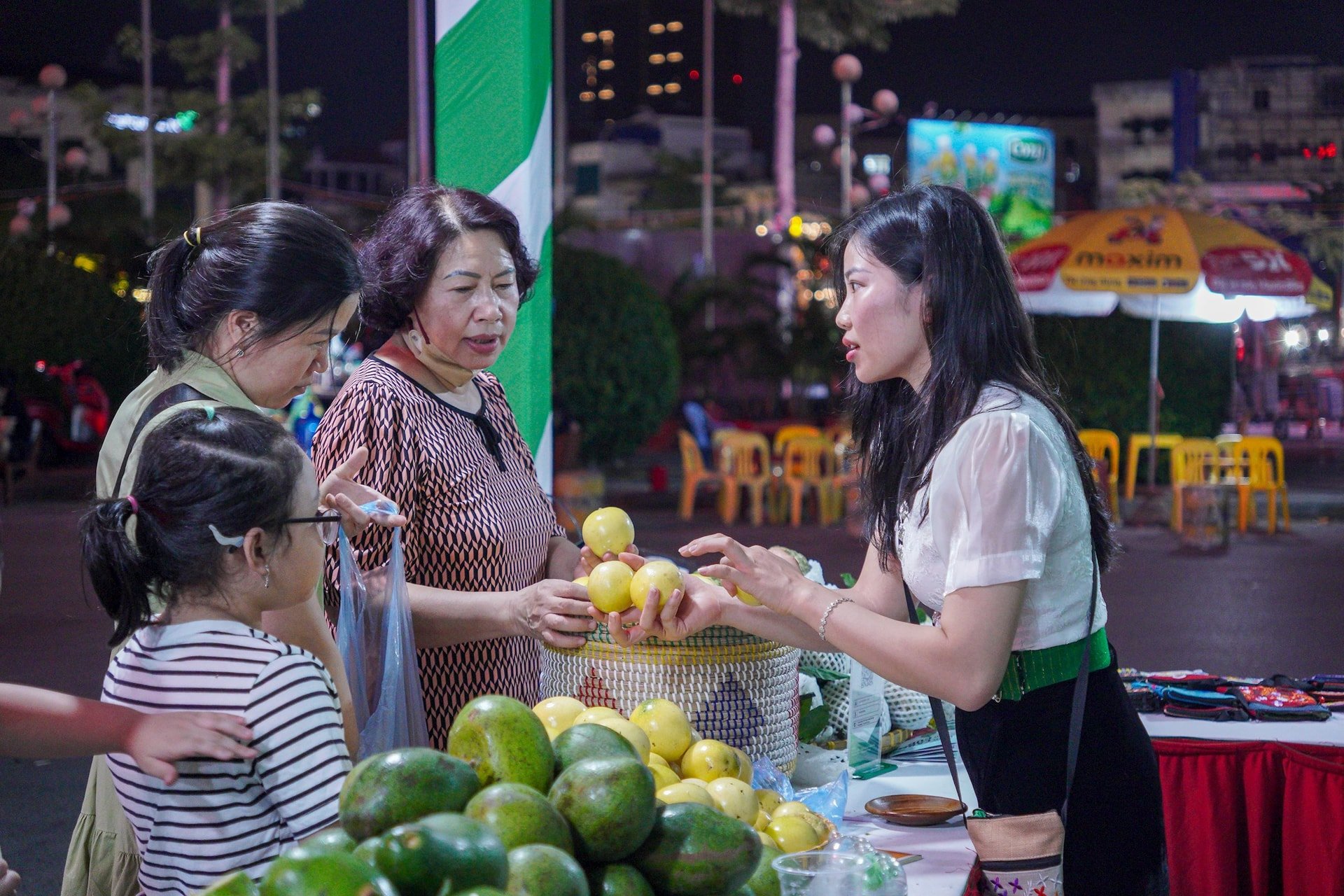

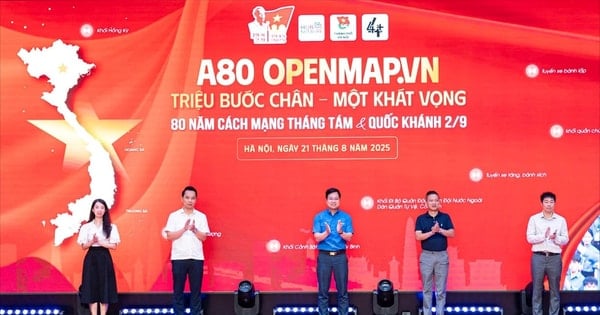








Comment (0)